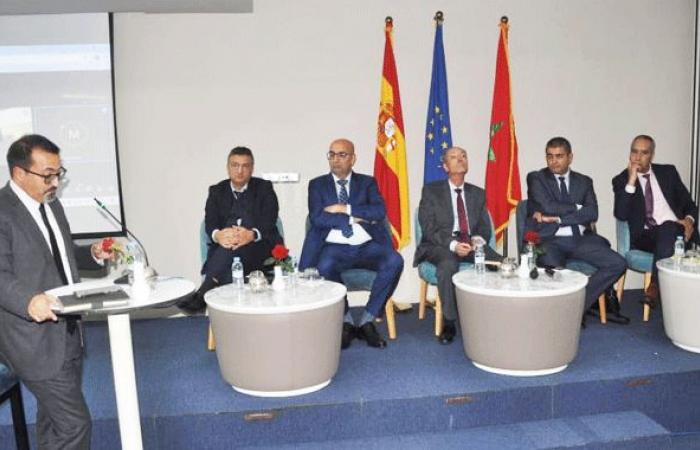This event, which brought together a host of labor law experts, jurists and Moroccan and foreign university researchers, was an opportunity to recall the main objectives of the amendment of the labor code, taking into account the profound transformations that knows the work environment.
Discuss the prospects and expectations of the reform of the labor code as well as the challenges to overcome in reconciling social demands and current economic imperatives. These are among the objectives of a seminar organized on Thursday, October 31, in Tangier, under the theme “Reform of the labor code between social requirements and economic constraints”. Initiated by the Spanish Chamber of Commerce in Morocco Tangier-Nador, this meeting – which was distinguished by the participation of labor law experts, lawyers and Moroccan and foreign university researchers – was an opportunity to recall the main objectives of the amendment to the labor code, taking into account the profound transformations that the workplace is experiencing.
“Since the adoption of the labor code in 2003, the labor market has undergone profound transformations which are marked by the emergence of new forms of employment, the growth of the digital economy, the use of information technologies and communication as well as the development of artificial intelligence and robotization,” explained Khalid Boukaich, teacher-researcher at the Faculty of Legal, Economic and Social Sciences (FSJES) of Tangier and former divisional labor inspector, making note that the proposed reform of the labor code comes at the right time to provide very appropriate regulations in the current context and with the emergence of new forms of employment and work.
This meeting was also an opportunity to discuss the stability of employees at work, in the current context of multiple crises. Especially since “the world is currently going through geopolitical, geoeconomic, financial, migratory and health crises. These simultaneous global crises are interconnected, intertwined and mutually aggravated so that their shocks interact with each other and produce a shock more dangerous than the sum of the consequences of each of these components,” said Nabil Jedlane, professor of economics at the National School of Commerce and Management (ENCG) of Tangier and director of the Laboratory of Management, Economics, Information Systems and Law, while sharing the impact of the technological revolution with the emergence of platforms of work and development of the digital economy and on the other hand the use of artificial intelligence helping the company to partly manage crises of instability, but with the heavy risk of dropping out, replacement, etc. at work.
Morocco






